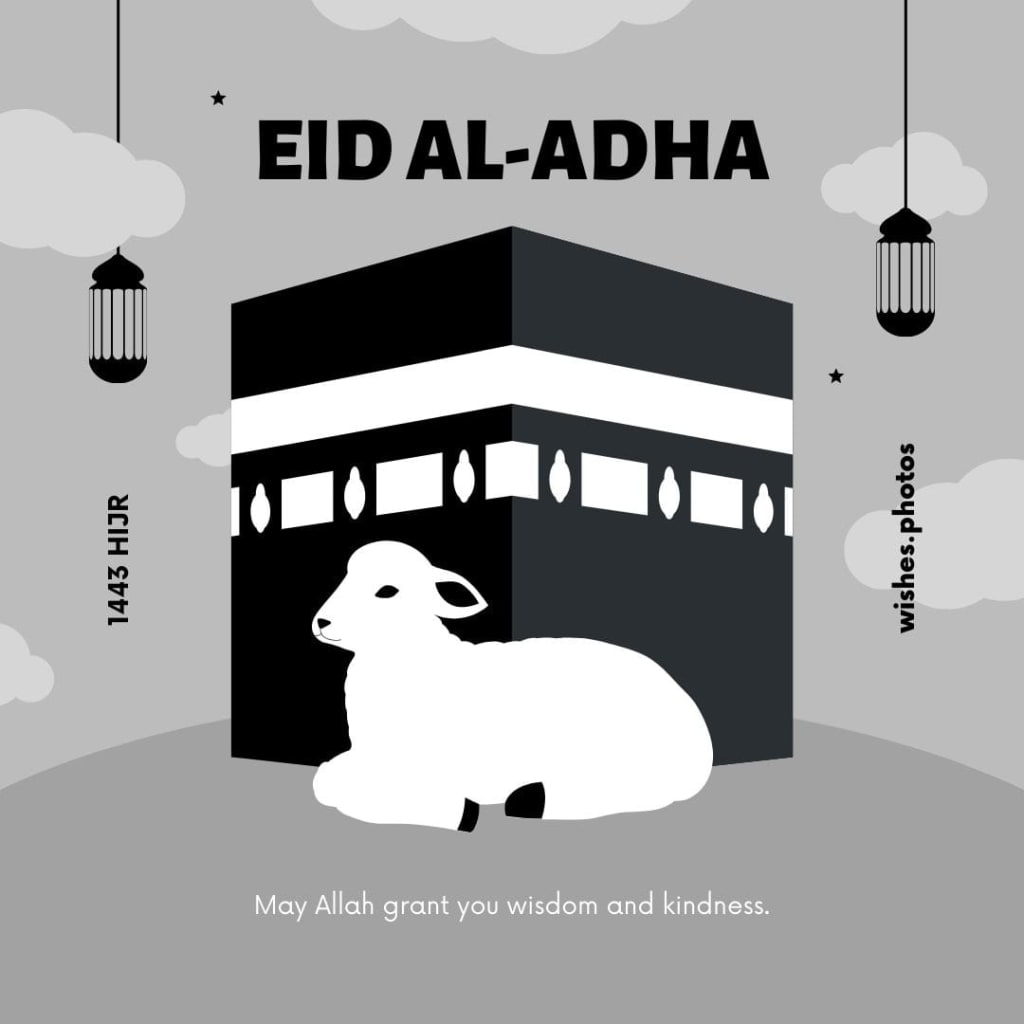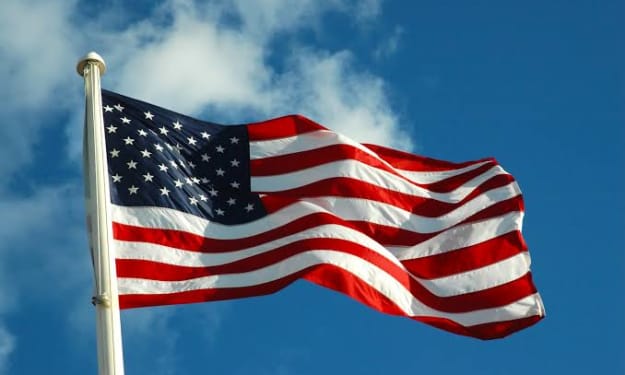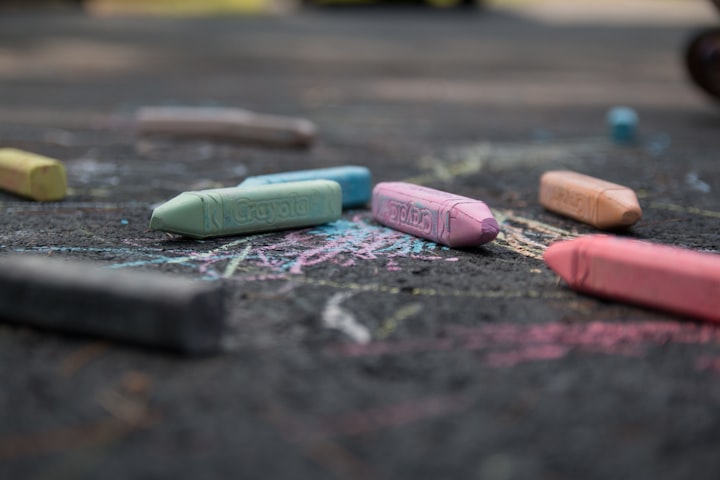
Introduction:
Eid ul-Adha, also known as the "Festival of Sacrifice," is one of the most important celebrations in the Islamic calendar. Observed by Muslims worldwide, this auspicious occasion commemorates the willingness of Prophet Ibrahim (Abraham) to sacrifice his son as an act of obedience to God. This article takes a closer look at how Eid ul-Adha is celebrated across the globe, highlighting its significance, customs, and the spirit of generosity that defines this joyous festival.Eid ul-Adha, also known as Eid al-Adha or Bakrid, is an important Islamic festival celebrated by Muslims worldwide. It commemorates the willingness of Prophet Ibrahim (Abraham) to sacrifice his son as an act of obedience to God. However, just as Ibrahim was about to sacrifice his son, God provided a ram to be sacrificed instead.
Eid ul-Adha is celebrated on the 10th day of the Islamic month of Dhul Hijjah, following the completion of the Hajj pilgrimage in Mecca. The date of the festival is based on the sighting of the moon and may vary from year to year according to the Islamic lunar calendar.
On this day, Muslims gather in mosques or prayer grounds to perform a special congregational prayer called the Eid prayer. The prayer is led by an imam, and it consists of a sermon followed by a specific number of units of prayer. It is recommended for Muslims to listen to the sermon and participate in the prayer.
After the prayer, Muslims celebrate with their families and friends by exchanging greetings and giving gifts. They also engage in acts of charity and distribute food to the needy and less fortunate as a way of sharing the blessings of the festival.
A significant part of Eid ul-Adha is the sacrifice of an animal, usually a sheep, goat, cow, or camel, in remembrance of Prophet Ibrahim's willingness to sacrifice his son. The meat from the sacrificed animal is divided into three parts: one-third is kept for the family, one-third is given to relatives and friends, and one-third is donated to the poor and those in need.
Eid ul-Adha is a time for Muslims to come together, strengthen familial and community bonds, and show gratitude to God for His blessings. It is also an occasion for self-reflection and a reminder of the importance of sacrifice, obedience, and generosity in the Islamic faith.
The Significance of Eid ul-Adha:
Eid ul-Adha holds deep religious and spiritual significance for Muslims. It symbolizes devotion, obedience, and submission to God. The story of Prophet Ibrahim's readiness to sacrifice his son Ismail is retold and reflects the essence of selflessness and faith in Islam. The occasion serves as a reminder for Muslims to prioritize their devotion to God and to show compassion and kindness towards others.
Preparation and Festive Atmosphere:
In the days leading up to Eid ul-Adha, Muslims around the world engage in various preparations to mark this joyous occasion. Homes are cleaned and decorated, special meals are planned, and new clothes are purchased or stitched for the day of celebration. Mosques are adorned with lights and festive decorations, creating a vibrant and lively atmosphere.
Rituals and Practices:
On the day of Eid ul-Adha, Muslims gather for the special congregational prayer, known as the "Eid prayer." They dress in their finest attire and head to the mosque or designated prayer grounds. The prayer is followed by a sermon, which reinforces the teachings of Prophet Ibrahim and the importance of sacrifice and generosity. After the prayer, families and friends come together to exchange greetings and share meals.
The Sacrifice:
A central aspect of Eid ul-Adha is the sacrifice of an animal, often a sheep, goat, cow, or camel. This ritual commemorates the divine intervention that replaced Prophet Ibrahim's son with a sheep or ram for sacrifice. The meat from the sacrificed animal is divided into three parts: one for the family, one for relatives and friends, and one for the less fortunate. This act of sharing reflects the spirit of generosity and charity associated with Eid ul-Adha.
Generosity and Charity:
Eid ul-Adha emphasizes the importance of generosity and helping those in need. Muslims are encouraged to distribute a portion of their wealth to the less fortunate, enabling them to also partake in the festivities. Many organizations and individuals also organize charitable initiatives, such as food drives, clothing donations, and providing financial assistance to disadvantaged communities. This spirit of giving brings communities together and strengthens the bonds of unity and compassion.
Eid ul-Adha Celebrations Worldwide:
Eid ul-Adha is celebrated with immense fervor and enthusiasm across the globe, transcending geographical boundaries. From the vibrant streets of Istanbul, Turkey, to the bustling markets of Lahore, Pakistan, and the festive atmosphere in Makkah and Madinah, Saudi Arabia, Muslims come together to observe this auspicious occasion. The celebrations vary in cultural traditions, but the core values of sacrifice, devotion, and generosity remain consistent.
Conclusion:
Eid ul-Adha is a momentous occasion that unifies Muslims worldwide in their shared faith and values. The festival serves as a reminder of the importance of sacrifice, devotion to God, and the spirit of generosity and compassion towards fellow human beings. As Muslims celebrate Eid ul-Adha, they not only strengthen their bond with their faith but also foster a sense of unity and solidarity among diverse communities around the world.





Comments
There are no comments for this story
Be the first to respond and start the conversation.